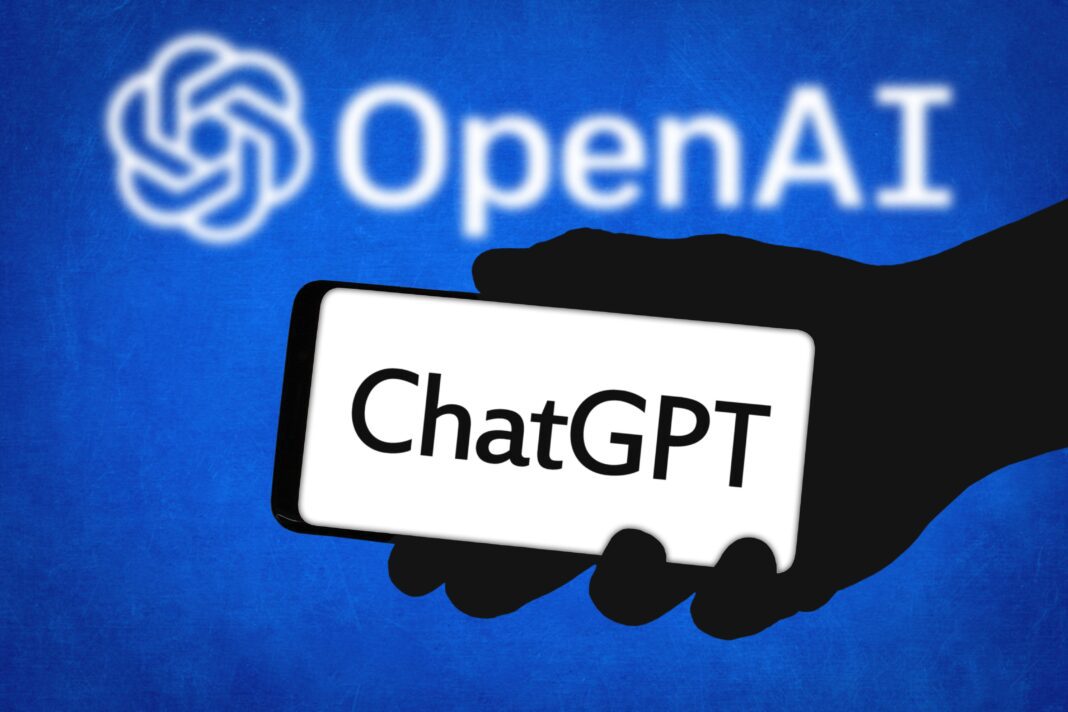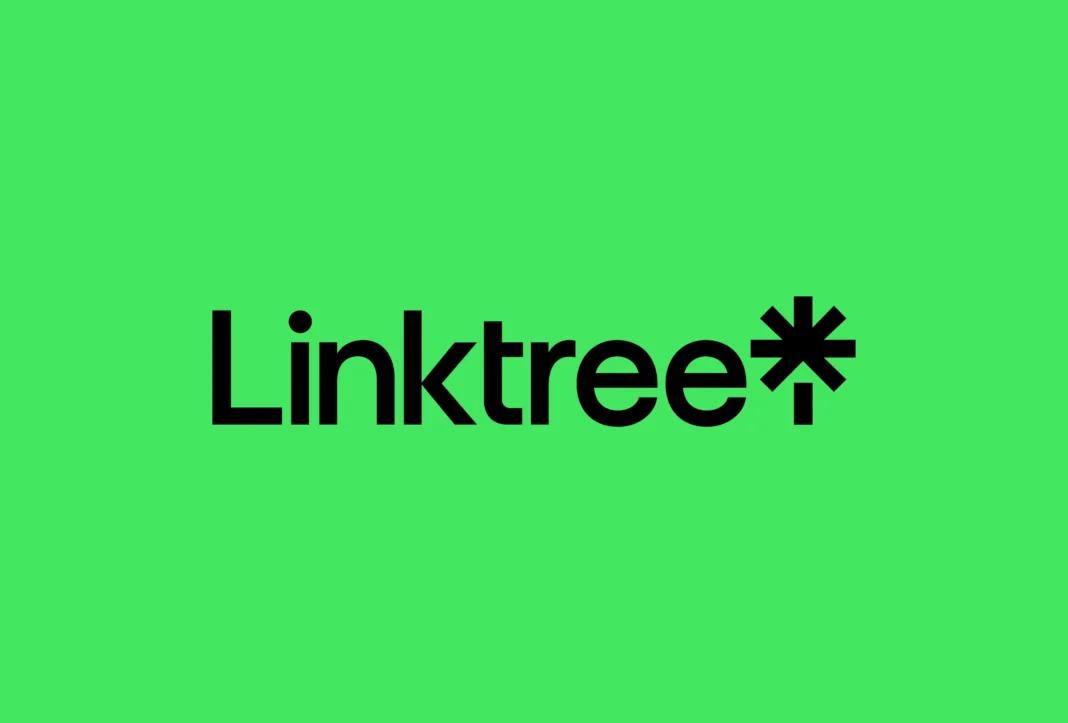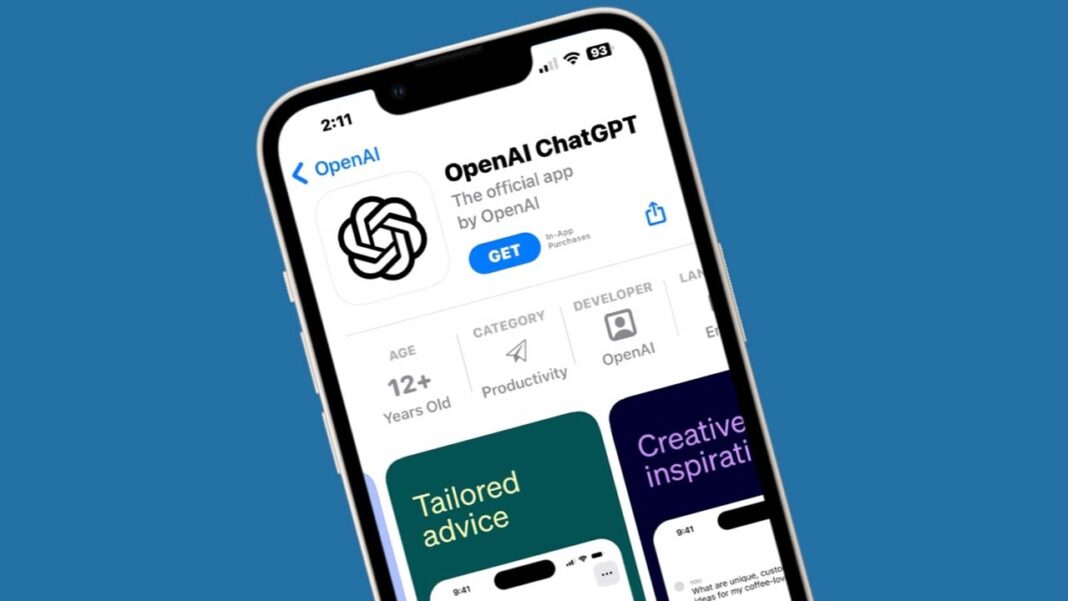OpenAI CEO Sam Altman recently confirmed that the company is strongly considering adding encryption to ChatGPT, beginning with temporary chats. This visionary move comes as more users—especially those seeking medical or legal advice—are sharing sensitive information with the AI, without the legal safeguards typically offered by professionals
What Are Temporary Chats and Why Encrypt Them First?
Temporary chats in ChatGPT are sessions that don’t show up in chat history or contribute to model training. OpenAI retains these chats for up to 30 days purely for abuse monitoring. Encrypting these chats first makes sense because they’re already short-lived; yet, they can contain deeply personal information—making privacy crucial
Encryption: Not So Simple for AI System
Unlike messaging apps where secure encryption is straightforward, AI platforms like ChatGPT are trickier. OpenAI acts as the endpoint in chats—meaning it must access user content to process responses. This complicates any fully end-to-end encryption setup. Additionally, features like long-term memory further complicate encryption deployment without sacrificing functionality
Legal Gaps Highlight Privacy Vulnerabilities
Altman also highlighted that, unlike therapists or lawyers, AI chats are not legally privileged—meaning transcripts could be used as evidence in court. This realization drove the push toward stronger privacy measures. Though law enforcement requests are still rare, even a single high-profile case could accelerate demand for encryption
What Lies Ahead: Prioritizing AI Privacy
While no launch timeline has been shared, OpenAI is actively assessing how to protect sensitive interactions better—especially in healthcare and legal scenarios. With lawmakers showing general support for AI privacy protections, there’s momentum toward real legal safeguards for AI conversations Axios.
Quick Overview
| Topic | Details |
|---|---|
| What’s Coming | Encryption for ChatGPT’s temporary chats |
| Why It Matters | Growing usage of ChatGPT for sensitive medical and legal queries |
| Tech Challenge | OpenAI is the endpoint; end-to-end encryption is complex |
| Legal Context | AI chats currently lack confidentiality protections like therapy |
| Outlook | Encryption under active review; regulatory support building |
Final Takeaway
OpenAI’s plan to add encryption to ChatGPT, starting with temporary chats, marks an important turning point in AI privacy. It’s a response to how deeply users rely on the AI—even for very personal topics. While technical and legal obstacles remain, this move signals that the era of basic AI chat is giving way to a more secure, responsible future.



